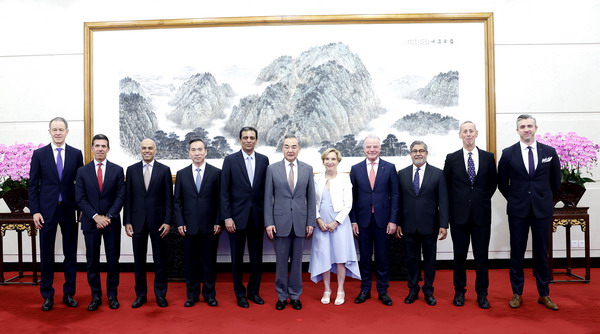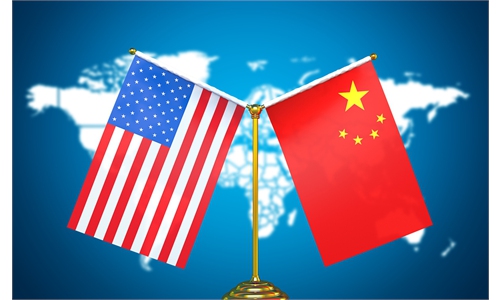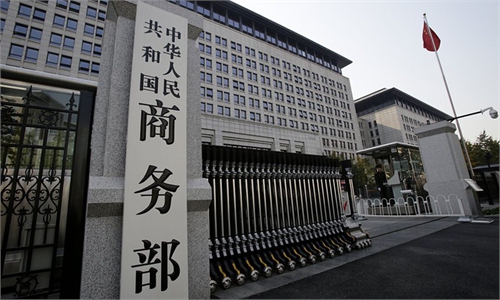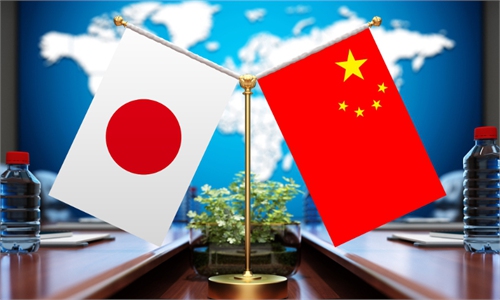
Chinese Foreign Minister Wang Yi met with a delegation of the board of directors of the US-China Business Council on July,22.
Chinese Foreign Minister Wang Yi met with a delegation of the board of directors of the US-China Business Council (USCBC) on Monday, where he discussed China's policy stance toward the US, which is based on the principles of mutual respect, peaceful coexistence and win-win cooperation, while also stressing that the country's "bottom line" must be safeguarded in developing bilateral relations. He also called for USCBC members to play a more active role in promoting the healthy and sound development of bilateral relations.
The Business Council was the first American business community to visit China after the conclusion of the third plenary session of the 20th Communist Party of China (CPC) Central Committee last week. Observers said that the face-to-face meeting will provide a chance for US businesses to understand the signals delivered by the third plenum and how China's continuous reform and opening-up will bring greater benefits to American companies in the years to come.
The visit, while underscoring the intertwined and irreplaceable nature of bilateral economic ties and people-to-people exchanges, will also channel more positivity into cooperation between the world's two largest economies, analysts said. They said that they expected economic and trade ties to play a stabilizer role in bilateral relations, which have been subjected to greater uncertainty amid the looming US presidential election, Washington's crackdown on Chinese industries and its other geopolitically motivated practices.
In welcoming the US business representatives, Wang, also a member of the Political Bureau of the CPC Central Committee, described the business council's visit as a timely one after the successful convening of the third plenum, which could help its members to "gauge the new atmosphere of China's further comprehensive deepening of reforms firsthand," according to a statement on the website of China's Foreign Ministry.
Wang explained the important measures in the resolution on further deepening reform comprehensively to advance Chinese modernization adopted at the third plenum, particularly in high-level opening-up.
"A face-to-face meeting with a high-level Chinese official is a very straightforward way of communication. It shows that the US business community is deeply interested in the outcomes of the third plenum and is eager to learn how the economic blueprint charted by the gathering will open up more opportunities for their investments not only in China, but also in the global arena. Those are key issues for their future business decisions," Tian Yun, a veteran economist based in Beijing, told the Global Times on Monday.
According to observers, the visit also mirrored the highly complementary and indispensable undertone of China-US economic relations, which carries great significance at a time when bilateral relations are in a turbulent period. "Though controversies remain, it is still a positive signal on the two sides' willingness to actively expand cooperation," he added.
US business representatives who joined the meeting include USCBC board chair Rajesh Subramaniam, USCBC president Craig Allen, founder of United Family Healthcare Roberta Lipson, as well as president of Boeing Global Brendan Nelson.
Those representatives welcomed the significant signal released by the third plenum, and stressed that the Chinese government's consistency, coherence and stability in its policies are crucial for the continued long-term investment and operations of foreign enterprises in China, including US ones.
With regard to China-US relations, Wang pointed out at the meeting that they are among the world's most important bilateral relationships, and whether the two countries choose cooperation or confrontation affects the well-being of both peoples and the future of humanity.
"China's policy toward the US has been consistent, maintaining stability and continuity. At the same time, China has interests that must be safeguarded, principles that must be defended and bottom lines that must be upheld," Wang said, stressing that it is unrealistic for China and the US, as two major powers, to attempt to change each other, and the consequences of conflict and confrontation are unbearable for anyone.
Wang called for the business council and member companies to help foster a correct understanding of China in the US, and play a more pivotal role in stopping US economic, trade and technological suppression against China, effectively address obstacles to people-to-people exchanges, and promote the stable and healthy development of China-US relations.
"This year is a US presidential election year. As US politicians have been continuously hyping China-related topics to score political points, China needs to seize every face-to-face occasion to explicitly expound on its policy stance toward the US, and warn Washington against the dire consequence of targeting China," Tian said.
The Biden administration has been stepping up its crackdown against Chinese industries. It reportedly told allies that it's considering using the most severe trade restrictions available to target China's chip industry, Bloomberg reported.




